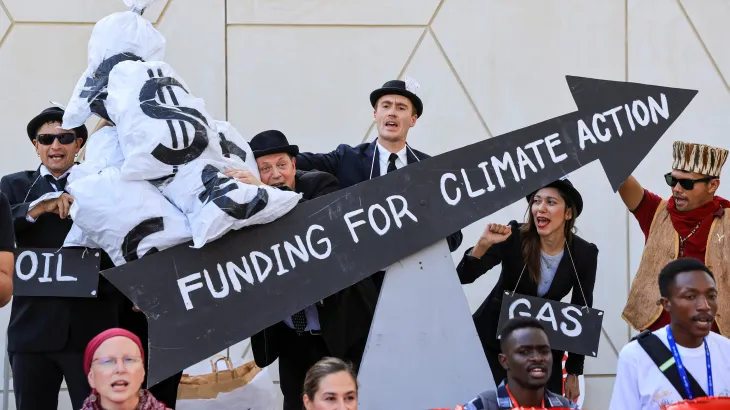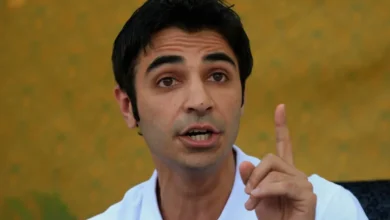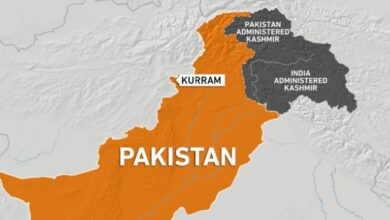COP28 Dubai is over: Four key highlights from the UN climate summit

Hundreds of world leaders and climate experts gathered at this year’s United Nations climate conference to witness the approval of a climate disaster “loss and damage fund” and a disputed agreement on transitioning away from fossil fuels while countries faced crushing assessments of their carbon emissions.
States attending the 2023 Conference of the Parties or COP28 were under pressure to adopt a new climate agreement amid controversy over the appointment of Sultan al-Jaber as president because of his position as a United Arab Emirates’s oil tycoon and his alleged questioning of climate science. Countries were also found to be falling behind in the first review of their progress towards reducing emissions to keep global warming in check.
A disputed agreement on fossil fuels
One agreement tabled at the conference pushed it into overtime by a day as participants struggled to agree on how quickly fossil fuel production should be ceased. The final Global Stocktake agreement, adopted on Wednesday, marked the first COP text that openly called on countries to wean themselves off fossil fuels.
However, this was only an incremental improvement from a draft on Monday that caused outrage for dropping language to “phase down” or “phase out” fossil fuels, which more than 100 of the 200 attending countries had expressed support for.
“Phasing out” fossil fuels would mean putting a complete stop to fossil-fuel burning through goals such as reaching net-zero carbon emissions by a specific year. “Phasing down” fossil fuels involves gradually cutting down on fossil fuel burning without setting targets for the amount and deadline to achieve net zero.
The final text was able to secure a majority consensus within the 200 attending countries to include language to “transition away” from fossil fuels, which are responsible for nearly 90 percent of global carbon dioxide emissions, according to the UN.
It also calls to “phase down” the “unabated” use of coal. Targeting “unabated” coal use is contested as it allows unfettered levels of coal burning as long as the carbon dioxide it generates is more frequently removed from the atmosphere and stored underground – which climate experts say is insufficient for reducing the impact of emissions.
“The absence of explicit ‘phase-out’ language in the draft is significant, as it is a more measurable and definitive term, sending a strong message globally about a total shift away from fossil fuels,” Harjeet Singh, head of global political strategy at Climate Action Network International, told Al Jazeera. “The current terminology – ‘transitioning away’ – is somewhat ambiguous and allows for varying interpretations.”
Although the adoption of the first deal on fossil fuels is a win, experts also say its details are flawed.











